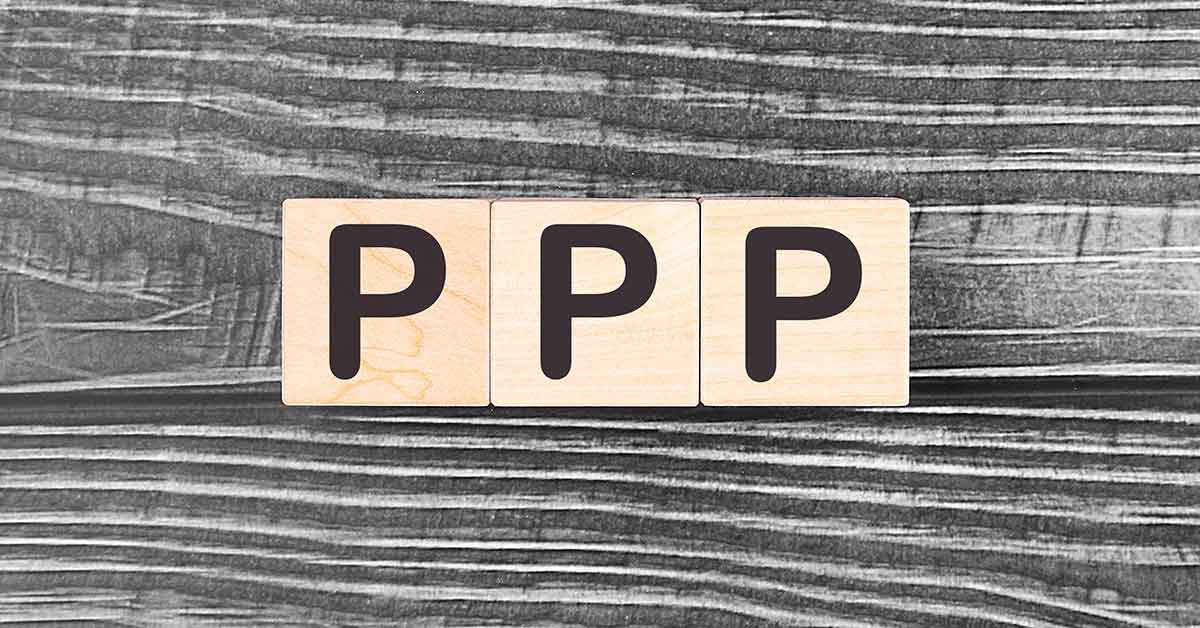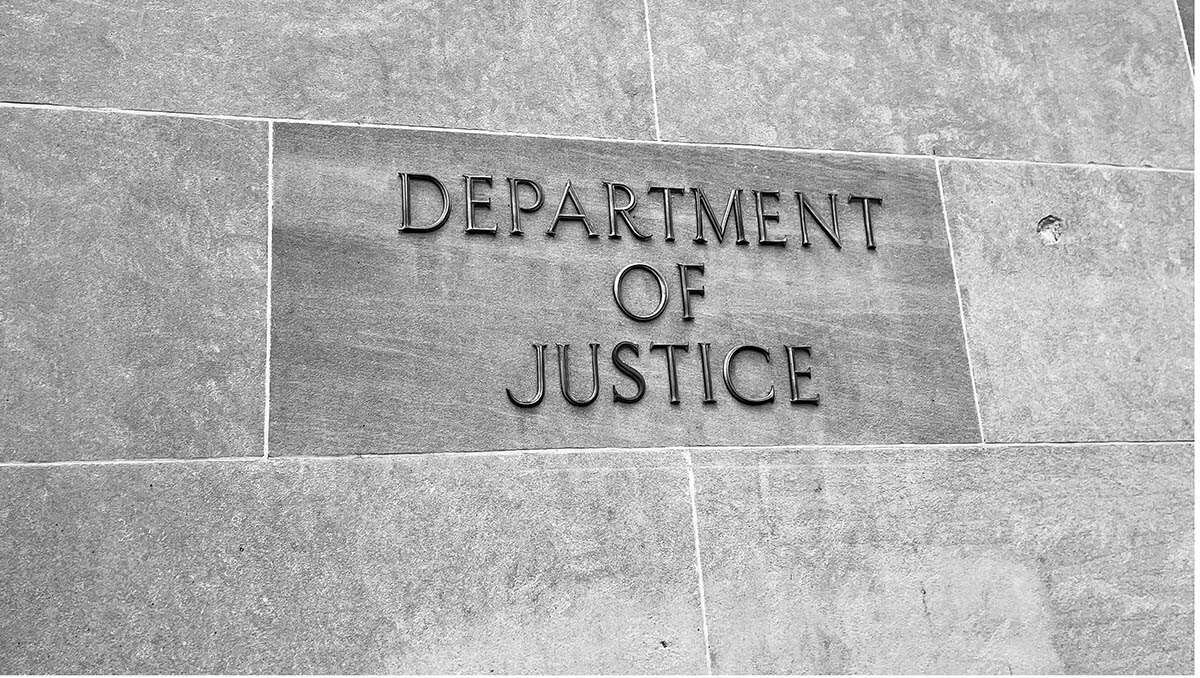UPDATE: The Corporate Transparency Act May Still Apply to You
On March 1, a district court judge ruled that the Corporate Transparency Act (CTA) is unconstitutional. However, his decision applied only to the...

UPDATED: May 14, 2020 - An additional extension has been granted until May 18 for companies to return their PPP loan if there is any question that the certification was made in “good faith.” The article below reflects the new extension.
On May 13, 2020, the Small Business Administration (SBA) and the U.S. Treasury updated their FAQs to reflect how they would be reviewing the certifications made pertaining to Paycheck Protection Program (PPP) loans.
Both the U.S. Treasury and the SBA have been communicating their position over the past few weeks that companies receiving funding under PPP should review their certification that “current economic uncertainty makes this loan request necessary to support the ongoing operations of the Applicant.” As a result, an additional extension was granted until May 18 for companies to return the loan if there was any question that the certification was not made in “good faith.”
The new FAQ (question 46 specifically) provides some clarity on how the good-faith certification will be applied. It provides a safe harbor for companies with loans under $2 million providing that they will be deemed to have made the certification in good faith. The FAQ also clarifies that if the borrower repays the loan after getting notification from the SBA, administrative enforcement will not be pursued.
You can read the entire FAQ by clicking here. Question 46 can be found in its entirety below:
46. Question: How will SBA review borrowers’ required good-faith certification concerning the necessity of their loan request?
Answer: When submitting a PPP application, all borrowers must certify in good faith that “[c]urrent economic uncertainty makes this loan request necessary to support the ongoing operations of the Applicant.” SBA, in consultation with the Department of the Treasury, has determined that the following safe harbor will apply to SBA’s review of PPP loans with respect to this issue: Any borrower that, together with its affiliates,20 received PPP loans with an original principal amount of less than $2 million will be deemed to have made the required certification concerning the necessity of the loan request in good faith.
SBA has determined that this safe harbor is appropriate because borrowers with loans below this threshold are generally less likely to have had access to adequate sources of liquidity in the current economic environment than borrowers that obtained larger loans. This safe harbor will also promote economic certainty as PPP borrowers with more limited resources endeavor to retain and rehire employees. In addition, given the large volume of PPP loans, this approach will enable SBA to conserve its finite audit resources and focus its reviews on larger loans, where the compliance effort may yield higher returns.
Importantly, borrowers with loans greater than $2 million that do not satisfy this safe harbor may still have an adequate basis for making the required good-faith certification, based on their individual circumstances in light of the language of the certification and SBA guidance. SBA has previously stated that all PPP loans in excess of $2 million, and other PPP loans as appropriate, will be subject to review by SBA for compliance with program requirements set forth in the PPP Interim Final Rules and the Borrower Application Form. If SBA determines in the course of its review that a borrower lacked an adequate basis for the required certification concerning the necessity of the loan request, SBA will seek repayment of the outstanding PPP loan balance and will inform the lender that the borrower is not eligible for loan forgiveness. If the borrower repays the loan after receiving notification from SBA, SBA will not pursue administrative enforcement or referrals to other agencies based on its determination with respect to the certification concerning necessity of the loan request. SBA’s determination concerning the certification regarding the necessity of the loan request will not affect SBA’s loan guarantee.
20 For purposes of this safe harbor, a borrower must include its affiliates to the extent required under the interim final rule on affiliates, 85 FR 20817 (April 15, 2020).
21 Question 46 published May 13, 2020.

On March 1, a district court judge ruled that the Corporate Transparency Act (CTA) is unconstitutional. However, his decision applied only to the...

Bookkeeping is strategically important for every business because financials form the foundation for daily operations and future planning....

In a decision issued March 1, 2024, U.S. District Court Judge Liles Burke ruled that the Corporate Transparency Act (CTA) is unconstitutional....